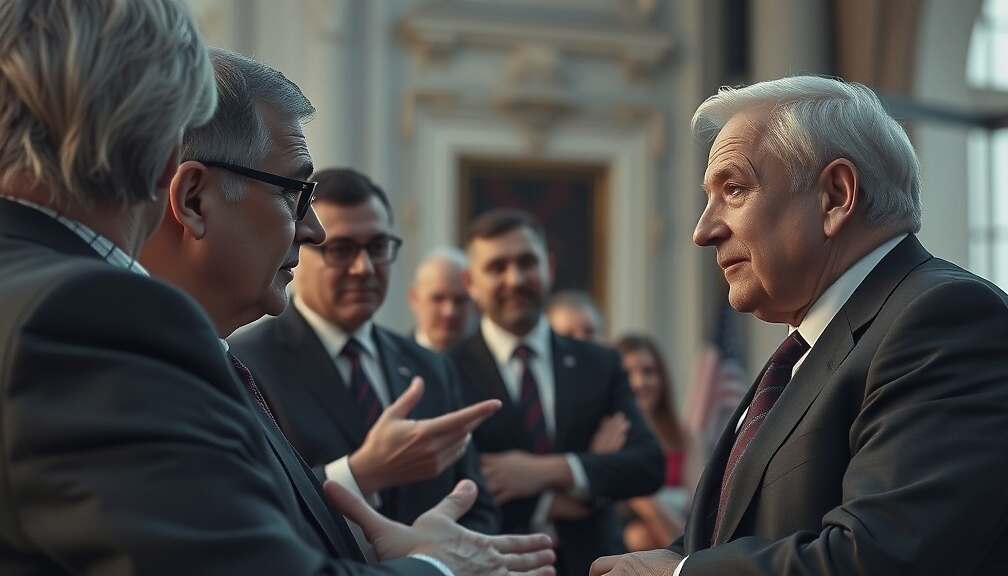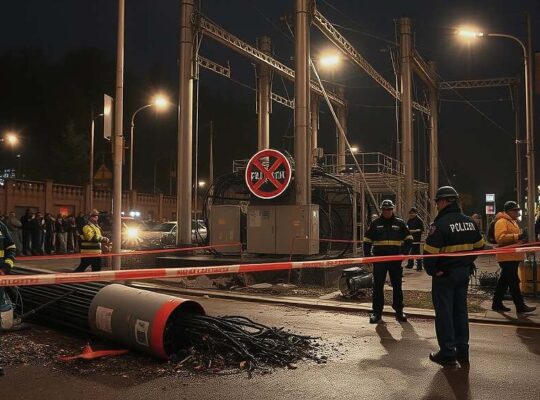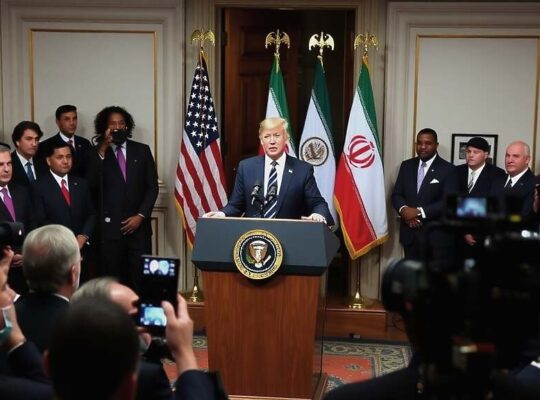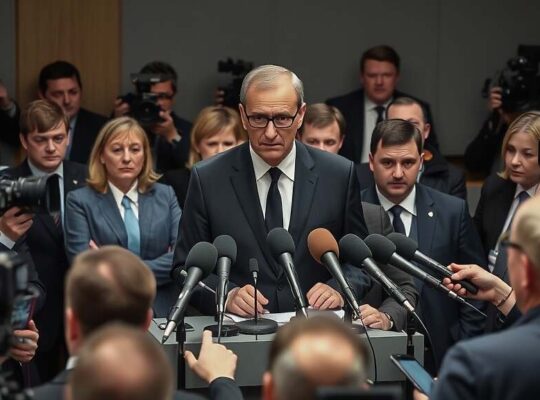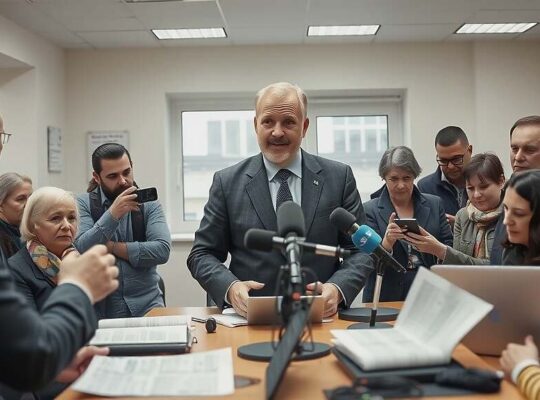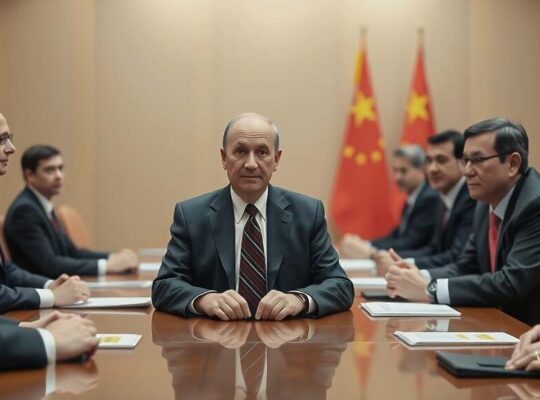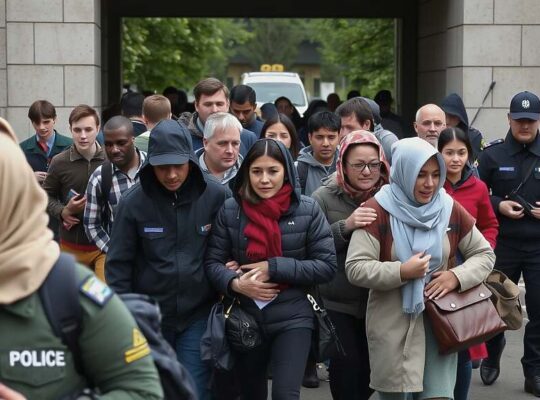The German Foreign Minister, Johann Wadephul of the Christian Democratic Union (CDU), has cautioned against complacency regarding the post-ceasefire situation in Gaza, emphasizing the critical need for sustained international engagement. Speaking ahead of a meeting with his EU counterparts in Brussels, Wadephul welcomed the recent United Nations Security Council resolution, reiterating Germany’s commitment to its implementation and offering practical support.
While expressing optimism about the potential for regional success, Wadephul stressed that the resolution’s efficacy hinges on a coordinated and robust response. He suggested activating and bolstering existing EU missions, contingent on close collaboration with Israel, a point he stated he has repeatedly discussed with his Israeli counterpart. This requirement for cooperation, however, raises immediate questions about the potential for conflicting mandates and the impact of Israeli security concerns on humanitarian aid delivery and the establishment of durable peacebuilding initiatives.
Wadephul’s remarks also highlighted the purported widespread support for these efforts within the Arab and Muslim world and from Palestinian communities. This assertion, however, warrants scrutiny. While some factions may advocate for a ceasefire, deep-seated grievances and the unresolved issues surrounding Israeli occupation and the blockade of Gaza continue to fuel resentment and hinder the prospects for lasting reconciliation.
The minister’s cautious optimism, while understandable, risks overlooking the significant challenges ahead. A critical assessment of the resolution’s mechanisms for accountability and enforcement remains essential to prevent a return to violence. Furthermore, the sustainability of a post-ceasefire environment demands addressing the root causes of the conflict, including the political and economic disparities between Israelis and Palestinians, an area where the EU’s practical support, as currently envisioned, may prove inadequate. The coming weeks will be crucial in determining whether this renewed diplomatic push translates into tangible and equitable outcomes for all parties involved.


